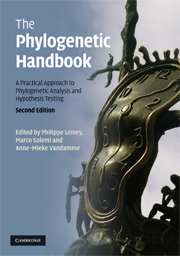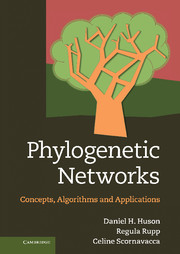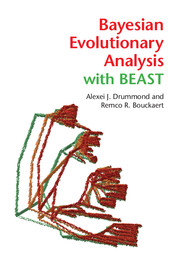Basic Phylogenetic Combinatorics
Phylogenetic combinatorics is a branch of discrete applied mathematics concerned with the combinatorial description and analysis of phylogenetic trees and related mathematical structures such as phylogenetic networks and tight spans. Based on a natural conceptual framework, the book focuses on the interrelationship between the principal options for encoding phylogenetic trees: split systems, quartet systems and metrics. Such encodings provide useful options for analyzing and manipulating phylogenetic trees and networks, and are at the basis of much of phylogenetic data processing. This book highlights how each one provides a unique perspective for viewing and perceiving the combinatorial structure of a phylogenetic tree and is, simultaneously, a rich source for combinatorial analysis and theory building. Graduate students and researchers in mathematics and computer science will enjoy exploring this fascinating new area and learn how mathematics may be used to help solve topical problems arising in evolutionary biology.
- The first systematic introduction to this exciting new field
- Contains full proofs of all the fundamental results for easy reference
- Suitable for readers with only a basic knowledge of combinatorics
- Introduces a new generation of mathematicians to the fascinating problems that can arise in evolutionary and molecular biology
Product details
December 2011Hardback
9780521768320
276 pages
235 × 157 × 20 mm
0.54kg
55 b/w illus.
Available
Table of Contents
- 1. Preliminaries
- 2. Encoding X-trees
- 3. Consistency of X-tree encodings
- 4. From split systems to networks
- 5. From metrics to networks
- 6. From quartet and tree systems to trees
- 7. From metrics to split systems and back
- 8. Maps to and from quartet systems
- 9. Rooted trees and the Farris transform
- 10. On measuring and removing inconsistencies.










